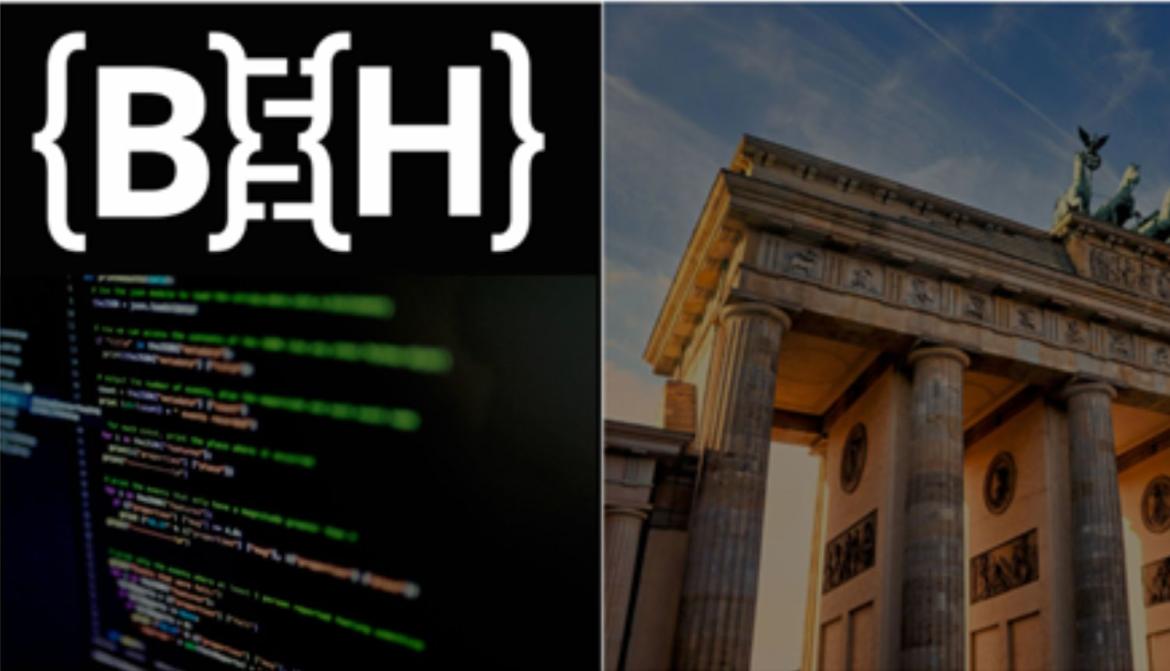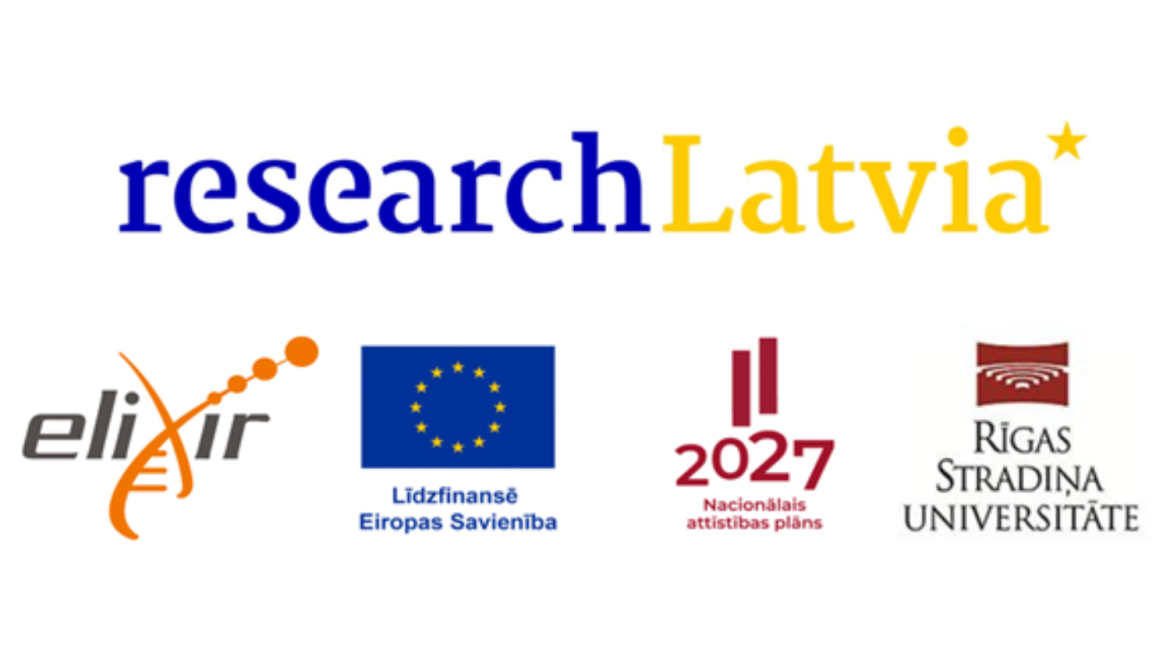
One of ELIXIR’s Flagship Events – BioHackathon Europe 2025, 3 - 7 November in Berlin, Germany
November 11, 2025
BioHackathon Europe (https://biohackathon-europe.org) is one of the annual flagship events of ELIXIR, Europe’s distributed life science data infrastructure. Bringing together bioinformaticians and computational biologists from across the globe, the event offers an intensive week of hands-on collaboration on open-source solutions that address real-world challenges in life science data management and interpretation.
The 2025 event took place from 3 to 7 November at the Hotel Esplanade Resort in Berlin, Germany, with hybrid participation options for those unable to attend in person.

The BioHackathon fosters deep collaboration, offering a focused environment for programming, data integration, content creation, and software engineering. Project topics are aligned with the strategic priorities of ELIXIR Platforms, Communities, and Focus Groups, as outlined in the ELIXIR Scientific Programme.
The overarching goal of BioHackathon Europe is to accelerate scientific innovation by advancing open-source service infrastructures. Core focus areas include the implementation of FAIR (Findable, Accessible, Interoperable and Reusable) digital object principles, persistent identifiers, metadata standards, ontologies, and cataloguing systems. By convening technical experts from within and beyond ELIXIR, the event tackles shared challenges in life science data stewardship.
This year’s BioHackathon featured 31 projects, selected by the Programme Committee for their potential to advance computational tools and research infrastructure. In-person participation was encouraged to enable agile co-development, peer-to-peer learning, and stronger community ties. Project topics reflected ELIXIR’s mission, encompassing research data management, training metadata, software interoperability, artificial intelligence readiness, and domain-specific issues in proteomics, metabolomics, and biodiversity. These initiatives clustered into five thematic areas: advancing FAIR data and metadata infrastructure; improving tool interoperability; building benchmarking pipelines for omics; exploring machine learning applications; and strengthening community-driven software development.
Since 2019, project outputs—including source code, data, and documentation—have been made openly available via the Biohackrxiv preprint platform (https://osf.io/preprints/biohackrxiv), promoting reuse and further development across the scientific ecosystem. Outcomes range from practical tools to white papers and early-stage prototypes, many of which mature into robust resources supporting data-intensive life science research.
A recent impact assessment demonstrated that developing tools in a hackathon environment can accelerate progress by a factor of 5.6 and reduce associated costs threefold compared to traditional workflows. These findings highlight the efficiency and collaborative strength of the BioHackathon model.
Beyond measurable outputs, the event cultivates professional relationships, spurs new research partnerships, and builds long-term collaborations that can strengthen national bioinformatics ecosystems—Latvia’s included. Informal exchanges and spontaneous dialogue often lay the groundwork for future initiatives, tools, and infrastructure.
Industry participation is also growing. BioHackathon Europe welcomes contributions from commercial partners and encourages collaboration between academia and the private sector, creating new opportunities for knowledge transfer and innovation.
With each passing year, BioHackathon Europe reinforces its role as a launchpad for impactful, open, and collaborative solutions that advance life science research across Europe and beyond—anchored in ELIXIR’s vision of accessible, interoperable, and reusable data infrastructures.
As previously reported, on 1 June 2025, Riga Stradiņš University (RSU) launched the project RSU Participation in the Horizon Europe Programme (project No. 1.1.1.5/3/25/I/014), which includes implementation of one of Latvia’s new National Partnership and Action Plans under the European Strategy Forum on Research Infrastructures (ESFRI) and European Research Infrastructure Consortium (ERIC) framework—specifically, the country’s integration into ELIXIR. In this context, we look forward to seeing more Latvian researchers actively contributing to the ELIXIR community, including by proposing projects for future BioHackathons.
